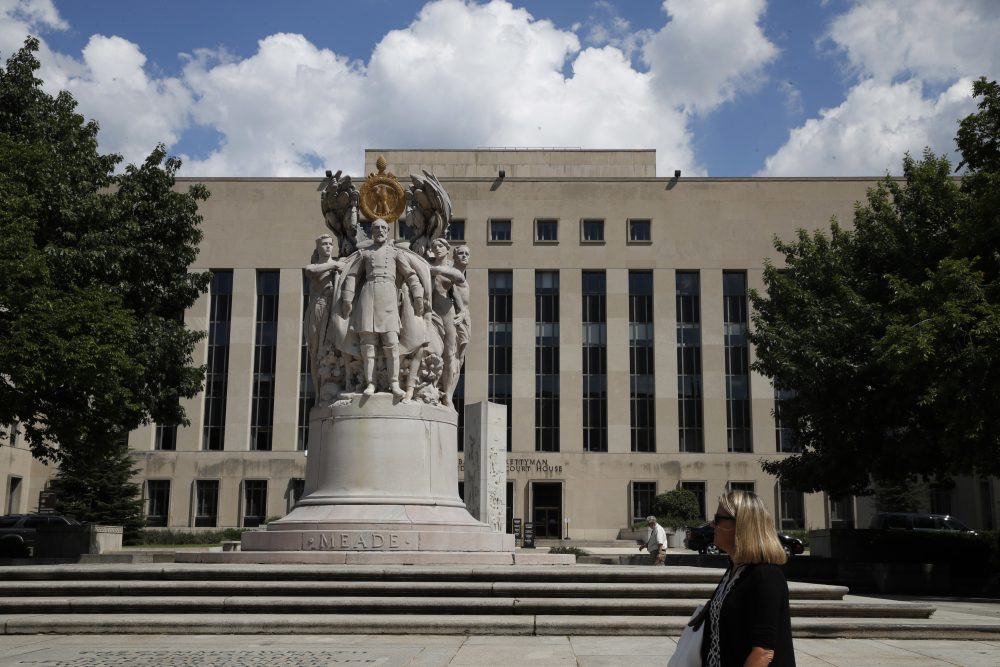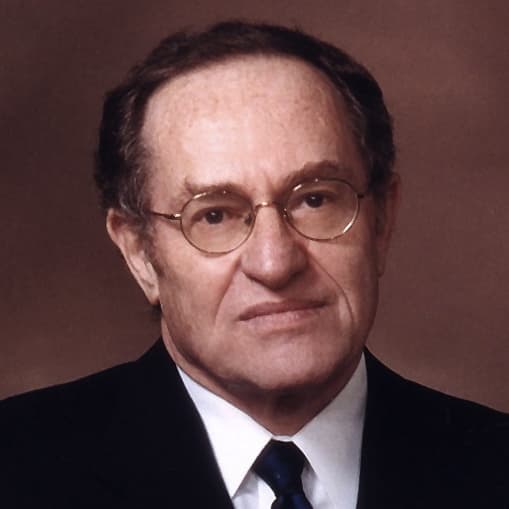Advertisement
It's Not Racist To Argue That Mueller Benefits From Washington Grand Jury Location

When Robert Mueller convened a second grand jury in Washington, D.C., I suggested that the new location would give the prosecutor a “tactical advantage” in a criminal trial against Donald Trump or his associates, because the Washington jury pool will be overwhelmingly Democratic, by a ratio of almost 10 to 1. The Virginia pool is politically more diverse. I wrote:
“There is the third rail issue of race. [A] predominantly white jury can be a different institution than a predominantly black jury. [T]here is no one-to-one association; predominantly black juries convict black defendants and acquit white defendants all the time, and predominantly white juries acquit black defendants and convict white defendants as well. But to say that race doesn’t matter at all blinks reality...”
I have made similar points on radio and television. Jury experts would agree that a Washington trial jury might be less favorable to President Trump and his associates than a Virginia jury.
As a result of making this obvious point, partisan bigots have accused me of racism. This is what Congresswoman Maxine Waters said on MSNBC:
“What [Dershowitz] is saying is ‘all of those black people are there and they don't like Trump and so he's not going to get a fair trial and so they should take it out of that jurisdiction. It shouldn't be there to begin with.’ I don't like that, and I'm surprised that Alan Dershowitz is talking like that. We will not stand for it. We will push back against that because that is absolutely racist.”
As a result of making this obvious point, partisan bigots have accused me of racism.
I then participated in a radio debate with former Judge Nancy Gertner, an old friend. I asked her whether she thought that I was a racist, confident that she would, say, "No." Instead, she said: “I refuse to answer on the grounds that it may tend to incriminate me.”
If I were generous, I would believe she meant that if she answered the question honestly — that of course, I’m not a racist for having made a correct statement — she would have incriminated herself among her partisan friends. But listeners interpreted her equivocal statement to mean that I am a racist for saying to the media what I have heard her say many times: that the racial composition of a trial jury always matters.
In an opinion piece for Cognoscenti, Gertner later wrote that since a Trump-related trial would not involve race, the racial composition of the jury wouldn't matter because when it comes “to espionage and the selling of the presidency we are all Americans.” It would follow from this argument that an all-white jury in Mississippi, comprised of “all Americans,” would be as fair to a black man charged with espionage as would a more diverse jury. Nonsense!
The National Association of Criminal Defense Lawyers — a group in which Gertner has been active — conducts seminars on “difficult topics,” such as race in jury selection. Does she regard this as racist?
Joel Cohen — a prominent former prosecutor and current defense lawyer -- offered a critique of some of my arguments, while acknowledging that what I have said is accurate:
“[A]ny prosecutor, holding a glass of wine in his hand -- in vino veritas -- who might seek indictments arising out of the current investigation, would acknowledge that he would prefer a trial jury made up of black Democrats, rather than white and perhaps, Republicans. And where the indicting grand jury sits is where the trial will ultimately take place.”
Reasonable people can disagree about whether Mueller took this “wisdom” into account in making [his] decision ...
Cohen notes that prosecutors “often try to challenge black jurors potentially seated for a prosecution of a black defendant, believing a black juror would favor a black defendant (or a Jewish juror a Jewish defendant; a Russian juror — you get it).” He notes that while in 1986 the Supreme Court denounced this practice by prosecutors, this “old school wisdom” still persists.
Reasonable people can disagree about whether Mueller took this “wisdom” into account in making this decision, and it is a fair subject for debate without name-calling. Cohen did this when he acknowledged that, while he disagrees with some of my arguments, I’m “not a racist. Period!” He aptly notes that the issues are nuanced, and that I am analyzing and appraising them as such: “[Dershowitz] is a commentator, and one willing (and inclined) to stick his neck out over controversial issues. And, here, he is indeed speaking reality.” Gertner could have said something similar.
Gertner’s argument that I’m “irresponsible” because Mueller cannot respond, is wrong. Grand jury secrecy does not prevent Mueller from explaining why he needed a second grand jury. I have heard Gertner criticize judges and prosecutors who could not respond.
If Hillary Clinton had been elected president and she were being investigated in Washington, and the prosecutor sought a second grand jury in Virginia, many of my Democratic friends would complain that moving the case from the overwhelmingly Democratic District of Columbia to more diverse Virginia would give the prosecutor an advantage. The double standard of people criticizing me for making an argument they would have made had the shoe been on the other foot should be obvious to everyone.
